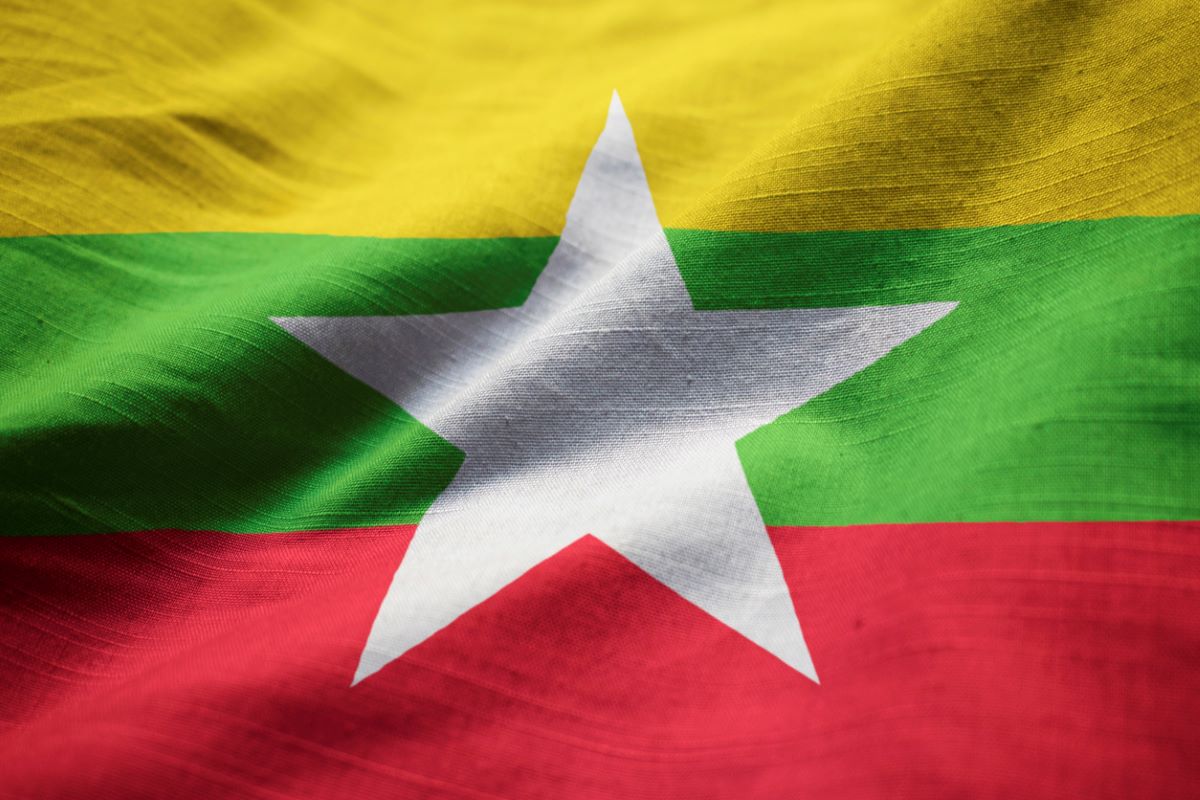MoS Margherita meets Ambassadors of Chile, Myanmar
Minister of State for External Affairs, Pabitra Margherita held a meeting with the Ambassador of Chile, Juan Angulo and He also held a meeting with the Ambassador of Myanmar to India, Zaw Oo.
As Myanmar plunges deeper into turmoil, the accusations of war crimes against the military junta paint a harrowing picture of the humanitarian crisis in the country.

Representational image /Myanmar (file photo)
As Myanmar plunges deeper into turmoil, the accusations of war crimes against the military junta paint a harrowing picture of the humanitarian crisis in the country. The recent offensive by rebel groups has not only intensified the conflict but has also raised alarming concerns about the junta’s response, invoking accusations of indiscriminate attacks on civilians and the use of banned cluster munitions. Amnesty International’s report sheds light on the gravity of the situation, alleging that Myanmar’s military has resorted to tactics that violate international law.
The use of cluster munitions, banned under international conventions, signifies a blatant disregard for civilians. The air strike in Shan state, cited as evidence by Amnesty, serves as a stark reminder of the devastating consequences faced by innocent residents caught in the crossfire. Civilians in Pauk Taw, Rakhine state, have reportedly endured looting, arbitrary arrests, inhumane treatment, and torture, according to interviews conducted by Amnesty. Such accounts underscore the urgent need for a thorough investigation. The junta’s denial and insistence on framing military actions as legitimate operations against “terrorists” only fuel scepticism and demand an unbiased international inquiry. The plight of more than 300,000 people who have fled the fighting since late October adds another layer of urgency to the situation.
Advertisement
The United Nations reports over 2 million displaced since the coup in 2021, highlighting the scale of the crisis. This crisis not only demands immediate attention but also necessitates global intervention to address the root causes and find a sustainable solution. China’s claim of mediating a ceasefire between the rebels and the military raises questions about the effectiveness of such efforts. While diplomatic initiatives are crucial, the continued campaign by the rebel “Three Brotherhood Alliance” despite the alleged ceasefire underscores the complexity of the situation. The alliance’s assertion, that the military routinely threatens civilians through arbitrary arrests, human shields and torture, adds a layer of distrust in the ceasefire narrative. Human Rights Watch’s accusation against the Myanmar Army – of abducting and forcibly recruiting fleeing civilians in Shan state – further muddles the ethical landscape.
Advertisement
The violation of the laws of war by an insurgent group deepens the challenges faced by civilians seeking refuge from the conflict. Myanmar’s descent into chaos is not just a national crisis. It is a global concern that demands a united response. The international community cannot turn a blind eye to the suffering of the people. Urgent diplomatic efforts, sanctions, and increased humanitarian aid must be mobilised to address the immediate needs of the displaced population and to exert pressure on the junta and rebel groups to engage in meaningful dialogue. The gravity of the situation calls for coordinated efforts to bring the perpetrators of war crimes to justice and to ensure the safety and well-being of civilians caught in the crossfire. The time for global intervention is now.
Advertisement